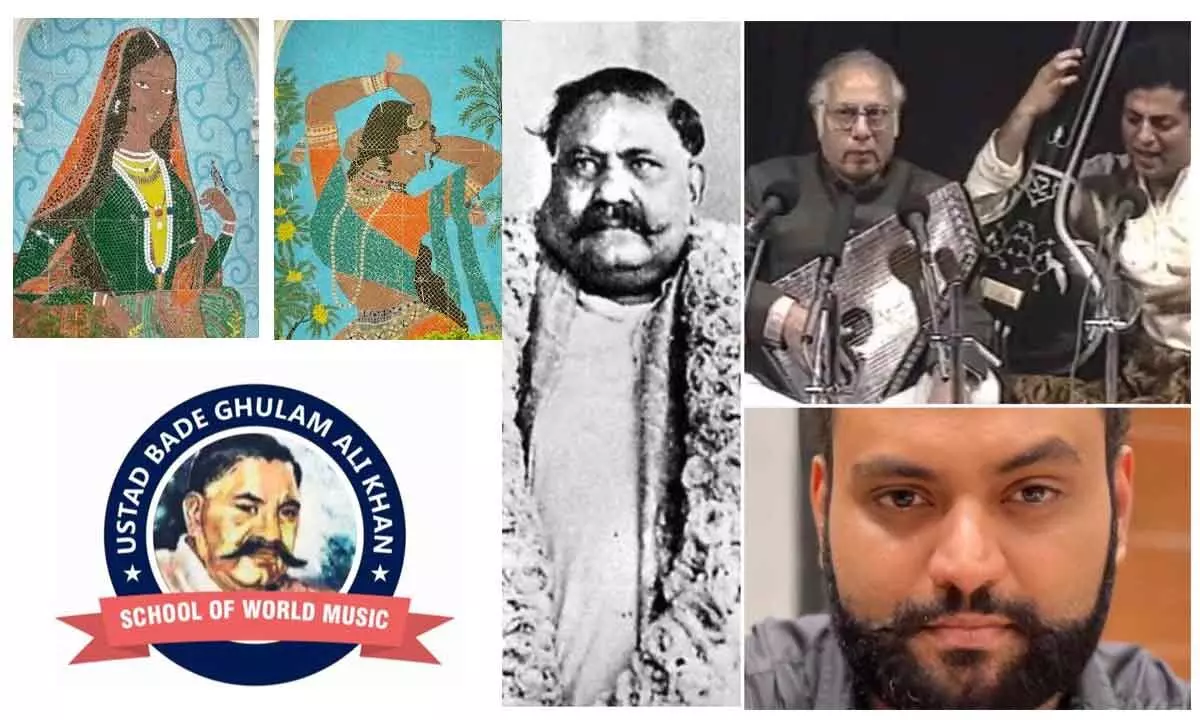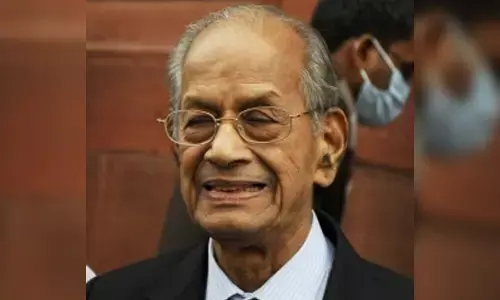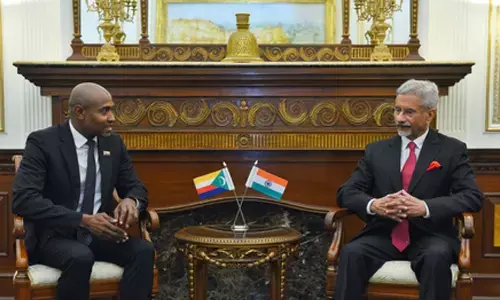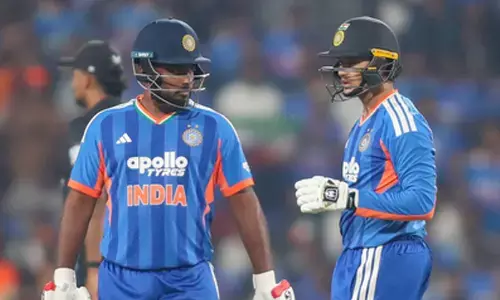Resonating melodies: Taking a walk down Deccan musical lane

Premamati; Taramati; Ustad Bade Ghulam Ali Khan
- World Music Day celebrated globally to honor the universal language of music
- Hyderabad’s rich musical heritage shaped by Qutub Shahi and Asaf Jahi rulers
Hyderabad: World Music Day, also known as Fête de la Musique is annually celebrated across the world on June 21. It promotes the power and universal language of music, encouraging people to play, listen, and appreciate all genres. From street performances to grand concerts, it unites people worldwide through the magic of melodies. On this special occasion, The Hans India looks at a brief history of music in early Deccan.
Music has been a fundamental part of Hyderabad’s cultural fabric. It has played a vital role in shaping the city’s identity and has been deeply ingrained in its traditions and heritage. Whether through classical music, folk tunes, or contemporary sounds, Hyderabad has embraced music as a cherished art form that resonates throughout its vibrant communities in Qutub Shahi and early Asaf Jahi periods.
Speaking to The Hans India, Anuradha Reddy, Convenor, INTACH Hyderabad, said, “Music in every aspect is very important and relevant to life in Telangana. History over the centuries has shown us the various contributions of the rulers of the Deccan, i.e., mainly Qutub Shahi and Asaf Jahi rulers whether it is joyful music or it is in the memory of some sad event, it is ever present and today we see it on the street and also in the form of Bathukamma and other celebrations.”
The Bahmani kingdom’s downfall in 1483 led to the emergence of five distinct dynasties in the Deccan plateau. Among them, the Adil Shahi dynasty of Bijapur and the Qutub Shahi dynasty of Golconda gained significant recognition in the realms of music, poetry, and art.
During the Qutub Shahi dynasty reign, Taramati and Premamati were renowned singers and dancers who are believed to have served in the court of Abdullah Qutb Shah, the 7thruler of the Golconda kingdom. Their talents and performances contributed to the vibrant cultural milieu of the era, leaving a lasting legacy in the realm of music and dance.
In Hyderabad, a dedicated department for music and arts existed, nurturing a rich cultural environment. Esteemed artists such as Pandit Maniram, Pandit Motiram, Ustad Bade Ghulam Ali Khan, Aziz Ahmed Warsi, and Begum Akhtar held prestigious positions as court musicians, showcasing their exceptional talents and contributing to the city’s vibrant musical heritage.
During the Asaf Jahi dynasty period, the renowned singer Ustad Bade Ghulam Ali Khan, after residing in various Indian cities like Mumbai and Kolkata, chose to settle in Hyderabad. Following the partition of India and his hometown Kasur being ceded to Pakistan, he returned to India and found a home in Hyderabad, where he continued to contribute significantly to the world of music.
Samina Raza Ali Khan, who is married to Ustad Raza Ali Khan and the Ustad Bade Ghulam Ali Khan’s granddaughter-in-law, said, “My grandfather Nawab Moin Ud Dowla Bahadur for the first time extended an invitation to Bade Ghulam Ali Khan in 1920 to perform in one of his royal courts in Hyderabad.”
Ustad Bade Ghulam Ali Khan remained active in singing and public performances throughout his life, receiving steadfast support from his son, Ustad Munawar Ali Khan, until his passing. Further, his legacy is honoured through a street named after him in Basheerbagh, known as Ustad Bade Ghulam Ali Khan Marg, paying tribute to his significant contributions to the world of music.
Ustad Bade Ghulam Ali Khan School of World Music was established with the support of Telangana government by Fazle Ali Khan, the great-grandson of Ustad Bade Ghulam Ali Khan.
Fazle Ali Khan explained that his great-grandfather, under the pen name Sabrang, skillfully merged three distinguished musical traditions-Patiala-Kasur, the Behram Khani facets of Dhrupad, the elements of Jaipur, and the behlavas (ornamentations) of Gwalior. This fusion became a hallmark of Ustad Bade Ghulam Ali Khan’s unique compositions and musical style.














